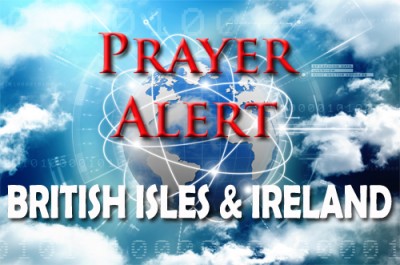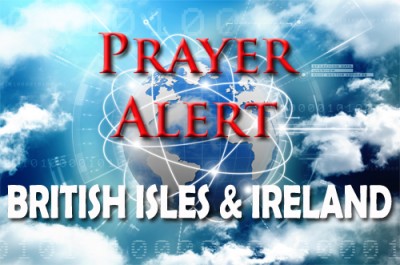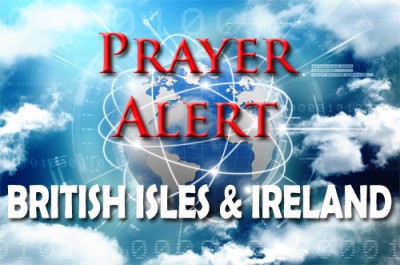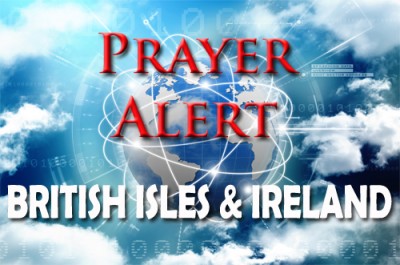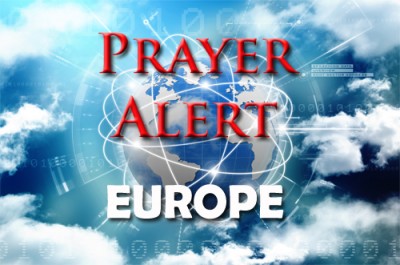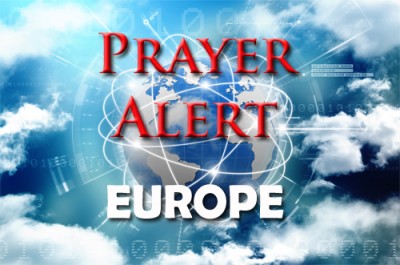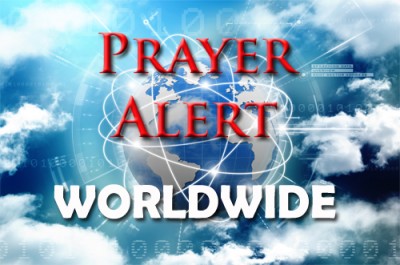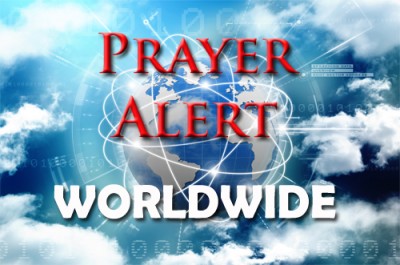Six to face trial for Hillsborough
30 Jun 2017On 28 June the Crown Prosecution Service announced that six people will face trial for the Hillsborough disaster - including match commander David Duckenfield and former chief constable Sir Norman Bettison. Duckenfield, 72, faces trial for the manslaughter by gross negligence of 95 of the 96 Liverpool fans who died at the FA Cup semi-final in 1989. Bettison, 61, faces four charges of misconduct in a public office, including two of lying about his role to further his career. However, the FA and Sheffield Wednesday FC avoided action, despite the withering assessment of their conduct which emerged in the Hillsborough Independent Panel (HIP) investigation of 2012. Families of the Hillsborough victims broke into applause when they were told Duckenfield faces charges. Margaret Aspinall, whose son James died in the tragedy, said: ‘No-one should have to go through what the families have gone through for 28 years to try to get to the truth.’
Government backtracks on pay policy
30 Jun 2017The Government’s austerity policy descended into chaos on 28 June as it first seemed to suggest it would abandon its one per cent cap on public sector pay rises, then denied it. Three Cabinet ministers appeared to have been briefed that the pay cap was coming to an end as they openly talked about lifting it, and Sir Oliver Letwin, the influential backbench MP, even went into detail about how taxes would have to be increased to fund it. However, only hours later Downing Street insisted that the cap would remain in place until 2020. This reversal was blamed on the ongoing ‘war’ between Theresa May and Philip Hammond, with the Treasury reportedly demanding a retraction of the announcement. It led to speculation that the Chancellor had intended to claim credit for the policy change at his next budget. Tim Farron, the outgoing Liberal Democrat leader, said: ‘The Tories are in utter chaos. They have U-turned on their own U-turn within the space of a few hours.’
Youngest bishop to be new Primus
30 Jun 2017The Scottish Episcopal Church has elected Rt Rev’d Mark Strange, Bishop of Moray, Ross and Caithness, as Primus. Bishop Mark, 56, the youngest of the bishops, was consecrated in his current diocese in 2007. He said: ‘I am humbled by the confidence shown in me by my colleagues, and I will seek to serve the Church with love and strength. It has been 82 years since a Bishop of Moray became Primus, and I pray that I may be worthy of this trust. I will continue to serve in my beloved Highlands while I also step out into new and exciting journeys of faith in both Scotland and the wider international church.’ He takes up this role as a Primate within the Anglican Communion at a time when the General Synod of his Church has voted to permit same-sex marriage. That decision is expected to be on the agenda of the forthcoming Primates’ meeting in Canterbury, which he will attend. He is married to Jane, a teacher, and they have a son and two daughters.
Ofsted chief and ‘British values’
30 Jun 2017Amanda Spielman, who in January became head of schools’ regulator Ofsted, has vowed to continue promoting ‘British values’. Citing the recent terror attacks as evidence that a greater crackdown on different forms of extremism is needed, she said that the promotion of British values will be determined by individual inspectors, adding, ‘There isn’t a prescribed translation of it, so schools will have to work it out’. John Denning of the Christian Institute, which has consistently questioned the vague and subjective nature of ‘British values’, said Spielman’s assertions would be particularly concerning for head teachers of faith schools. He said: ‘This might encourage Ofsted inspectors to pressurise or even fail schools, based on their own subjective opinions of what British values are. Schools will remain vulnerable to inspectors’ personal biases.’ Since the Government introduced the requirement to ‘actively promote’ British values in schools in 2014, Ofsted inspectors have caused widespread problems for religious liberty in England, with aggressive questioning of teachers and pupils over their beliefs on same-sex marriage and transsexualism.
EU extends Russia sanctions until Jan 2018
30 Jun 2017The European Union formally extended its economic sanctions on Russia on Wednesday, a widely-expected step that keeps restrictions on business with Russian energy, defence and financial sectors until 31 January 2018. The sanctions were imposed in July 2014 following Russia's annexation of Ukraine's Black Sea peninsula and Moscow's direct support for separatists in eastern Ukraine. Moscow denies direct involvement in the conflict, despite NATO's assertions that its troops are supporting the rebels. EU leaders agreed to the extension at their summit in Brussels last week, after France and Germany cited no progress in efforts to negotiate an end to the conflict in eastern Ukraine that has killed more than 10,000 people since April 2014. Under the sanctions that were imposed in tandem with the United States, European companies are banned from doing business with or investing in Russia's defence and energy industries, while financial ties are severely limited. European companies cannot borrow or lend money to Russia's five main state-owned banks for more than 30 days, limiting Moscow's avenues for raising funds. Any lifting of sanctions on Russia is tied to the implementation of the Minsk peace deal for Ukraine which was negotiated by the leaders of France, Germany, Ukraine and Russia in 2015.
Senior cardinal to face sex charges
30 Jun 2017The Pope's chief financial adviser has decided to take a leave of absence after being charged with historical sex crimes. Cardinal George Pell, the third most senior Catholic at the Vatican, has fiercely denied the multiple allegations against him. At a news conference on 29 June, he said the two-year investigation had been fuelled by ‘relentless character assassination’. He has now been called back to Australia, to appear before Melbourne Magistrates' Court on 18 July. ‘I am innocent of these charges. They are false. The whole idea of sexual abuse is abhorrent to me’, he told reporters. ‘The court proceedings offer me the opportunity to clear my name and then return to my work in Rome.’ In another story, former Archbishop of Canterbury George Carey has been asked to step down from an honorary role in the Diocese of Oxford, after being criticised in an independent review of the church’s handling of sex abuse. The review into disgraced former bishop Peter Ball, who was jailed in 2015, revealed that Lord Carey had failed to pass key information on Ball to the police in 1992. See
Syria: a move towards future stability
30 Jun 2017A civil council, which is expected to rule Raqqa once IS is dislodged from the Syrian city, pardoned 83 of the jihadist group's low-ranking militants recently as a goodwill gesture designed to promote stability. They were transported to the Raqqa city HQ, in an amnesty coinciding with Eid-ul-Fitr. The US-backed Syrian Democratic Forces predict that Raqqa could fall within months. ‘We would never release senior Daesh officials or anyone who has blood on their hands’, senior council member Omar Aloush told Reuters. ‘We are giving these men a second chance.’ Abdel Rahman Kalas, 43, worked in the IS department that imposed taxes on citizens. ‘I have seven children’, he said, as former militants walked away after the ceremony to face the uncertainty that hangs over the city. ‘I had no choice but to cooperate. They paid me $115 a month.’
Venezuela: grenade attack on Supreme Court
30 Jun 2017Venezuela's Supreme Court has been attacked by grenades dropped from a stolen police helicopter, in what President Nicolás Maduro called a ‘terrorist attack’. The court is regularly criticised by the Venezuelan opposition for its rulings which bolster Mr Maduro's hold on power. The policeman who piloted the helicopter issued a statement denouncing the ‘criminal government’. His whereabouts are unknown. Four grenades were dropped on the court, and 15 shots were fired at the interior ministry; one grenade failed to detonate. No injuries were reported. The pilot said on Instagram: ‘We don't belong to any political tendency or party. We are nationalists, patriots and institutionalists. The fight is not against the security forces but is against the impunity of this government. It is against tyranny.’ There is a question as to whether this attack might be a prelude to a coup attempt.
